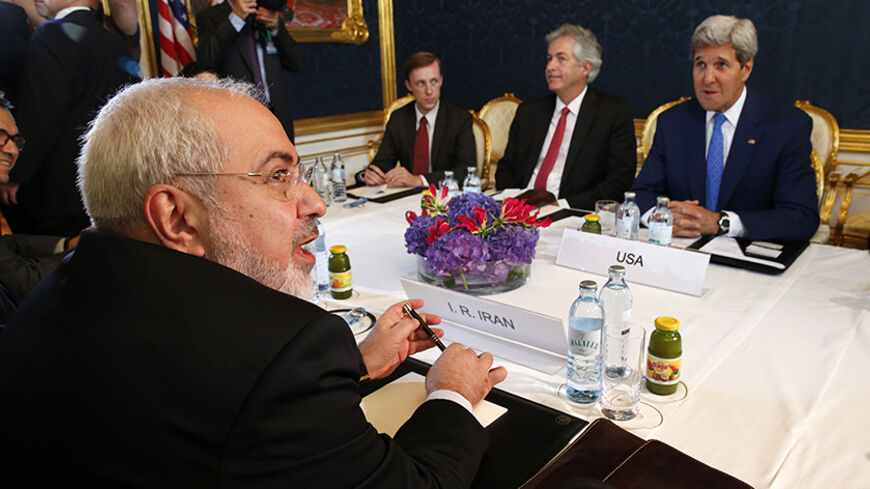In 1979, in response to the hostage crisis, US President Jimmy Carter declared a "state of emergency" concerning Iran. Every November since then, US presidents have routinely renewed the declaration that Iran constitutes an "unusual and extraordinary threat" to US national security. Beside its political perks, maintaining the "state of emergency" allows presidents to impose sanctions and regulate trade with Iran.
However, the decision to renew the declaration against Iran every year seems to be a purely political decision rather than one based on a concrete and objective security assessment. In fact, when Tehran protested the renewal of the state of emergency by President Barack Obama last year following the thaw between the two countries and the historical breakthrough agreement between Iran and the P5+1 in Geneva, the White House simply responded, "This is a routine renewal of the policy" — one that must be renewed "to prevent it from expiring." In other words, Washington preferred not to adapt its Iran policy to new realities.



